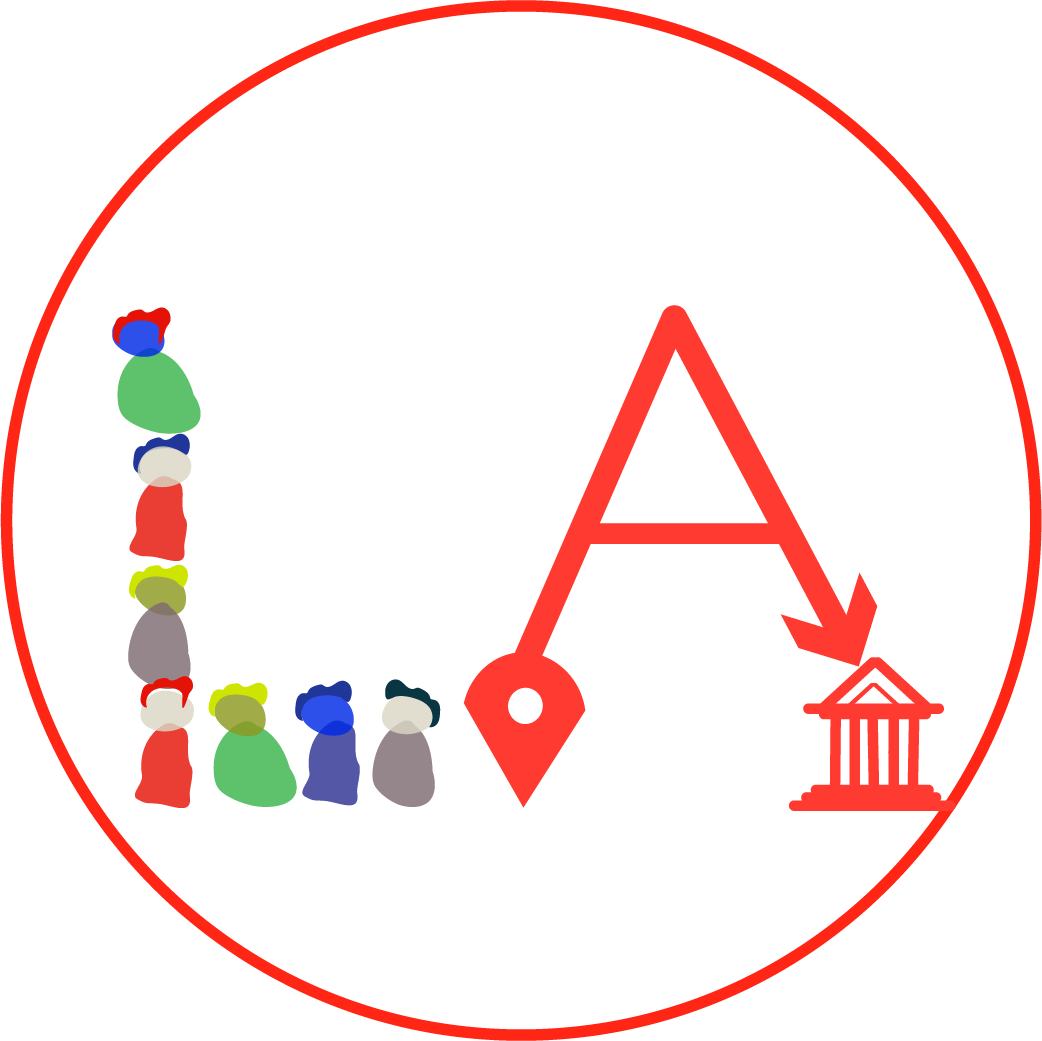ARCH is a research project aiming to help local governments and communities of historic areas to prepare and protect their heritage from hazards and risk. The project creates a framework for disaster risk assessment and improvement of heritage sites. Teams from Bratislava, Camerino, Hamburg and Valencia work together to develop methodologies and standardisation activities.
This European-funded project builds on the existing frameworks of Ten Essentials for Making Cities Resilient, the Sendai action plan, and the RAMSES Transition Handbook to develop accessible and sustainable solutions for disaster risk preparedness.
Heritage assets face threats by several hazards such as climate change, flooding, earthquakes, erosion and more, thus preparing for such events is vital to their survival. Heritage experts internationally pointed out that during 2020 immediate conservation expertise was not available due to the COVID-19 restrictions. The local authorities and communities are, therefore, responsible for the protection and longevity of their heritage.
An overview
The project will result in ARCH Hub, a web-based application with tools for assessment, response, funding and best-practise for heritage managers and local stakeholders. The platform will feature these tools:
ARCH Resilience Assessment Dashboard RAD
Users will be able to self-assess their existing frameworks for historic areas.
Historic Area Information System HArIS
HArIS database collects data from surveys, satellite, ground sensors, material information and 3D-geometry. Users can get simulated information on ageing analysis, the evolution of air quality and climate change based on gathered geo-referenced information and conditions of heritage sites.
Threats and Hazard Information System THIS
THIS database will allow users to generate real-time threat indicators based on environmental and geo-referenced data.
Decision Support System
Here users can run scenarios and risk analysis of natural hazards, to predict potential risk and damages to heritage areas.
Following the assessment of risk, ARCH develops alongside tools for measurement and improvement.
ARCH Resilience Measure Inventory
Will help users identify opportunities to strengthen resilience in their area.
The Resilience Pathway Visualisation Tool
Users can use this graphical tool to create implementation plans through visualisation and build resilience accordingly.
The Inventory for Funding Opportunities
This tool will include public and private funding opportunities that can help sustainably finance implementation projects.
The ARCH Hub tools will offer a comprehensive tool to recognise and effectively preserve heritage sites and cities. Moreover, anyone using this tool will be able to protect heritage and combat climate change. Thus, making effective heritage management available to local communities.
The so-far evolution of the project can serve as a benchmark for planning, communication and cooperation between stakeholders at all levels. ARCH has published on their website several reports addressing their work plan and progress that can be beneficial to everyone looking to start a project.
All their reports are available here we detail below some of them with direct links to the pdfs:
Guideline on ARCH co-creation approach: this document gives an overview and the collaboration parameters between their partner cities.
Local partnership and work plan: all cities’ work plans are joint in this document presenting their: situation analysis, aims, objectives, stakeholder analysis, strategy and measurement. The local capacity of each city creates a specific and holistic overview of the project.
ARCH city baseline report: Baseline reviews for the cities of Bratislava, Camerino, Valencia and Hamburg: the document builds a common baseline of each city’s heritage management plans concerning disaster risk reduction and climate adaptation for the project to progress and readdress the priorities.
Requirements description: the challenges of the pilot cities are gathered in one report for further development.
These reports are excellent benchmarks for researching and creating functional management and work plans. We recommend you consult them before you begin a project of your own.
MUST-read
The following two reports developed by ARCH are worth writing a separate article. They provide in-depth insight and know-how of heritage and disaster risk management.
State-of-the-Art Reports of concepts, approaches, standards and technologies: An overview of heritage, conservation and disaster risk management including policies, regulations, emergency protocols, post-disaster response techniques, decision-making processes, existing standards and ongoing standardisation activities.
Mapping and characterization of good practices in cultural heritage resilience: A compilation of initiatives and case studies that can serve as references to cities seeking to implement policies, criteria to assess their initiative and offer insight to heritage administration.
We read both reports and definitely recommend you add them to heritage management toolkit. The ARCH project has great potential to improve heritage management as a practice and historic sites. Already their published reports so great promise and we cannot wait to use ARCH Hub.
Update 20 July 2022
ARCH Final Event
20 July 2022, 09:00 – 17:00- Join the livestream
ARCH projects comes to a close with a final event presenting project outcomes and the latest resilience building tools. Check out the project deliverables online.
Programme:
8:15AM Registration
9:00AM Welcome Address
9:30AM Roundtable Discussion – Setting the Scene for Resilience and Cultural Heritage: State of Play
11:00AM Coffee Break
11:30AM Pitch Session: Introducing the ARCH Tools
12:30PM Lunch Break at Maritime Museum
2:00PM Interactive Breakout Session – City Journey: ARCH from Start to Finish
3:30PM Coffee Break
4:00PM Report-back session from Interactive Breakout Session
4:15PM Experiences from Other Projects
5:00PM Closing Remarks
20:00 Consortium and Speaker Dinner and Boat ride through the Hamburg Pilot Site
I want to learn more:

